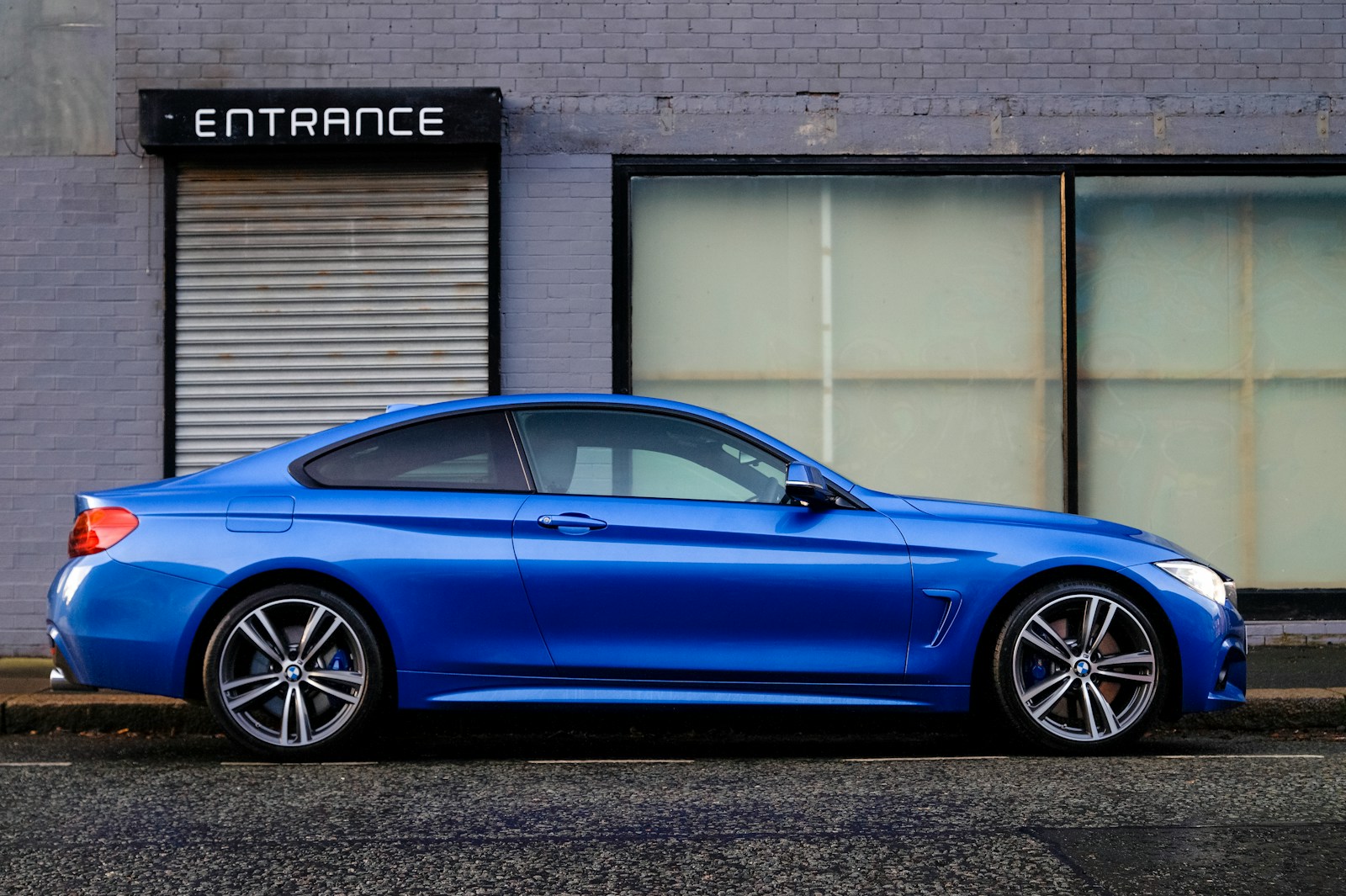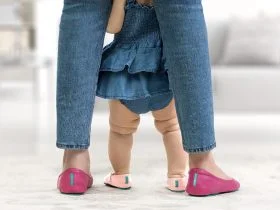When it comes to choosing a car for your family, size plays a crucial role in determining comfort, convenience, and overall suitability. While smaller cars offer maneuverability and fuel efficiency, larger vehicles provide spaciousness and versatility. Deciding between small and big cars depends on various factors, including family size, lifestyle, budget, and personal preferences.
Reader's Roadmap
The Benefits of Small Cars
Small cars, such as hatchbacks, compact SUVs, and sedans, offer several advantages for families:
Fuel Efficiency: Smaller vehicles typically have smaller, more fuel-efficient engines, resulting in lower fuel costs and reduced environmental impact. For families with long commutes or frequent road trips, choosing a small car can lead to significant savings at the pump.
Maneuverability: Compact dimensions make small cars easier to maneuver and park in tight spaces, such as crowded city streets or small parking lots. This agility can be especially advantageous for urban families or those living in densely populated areas.
Affordability: In general, small cars tend to be more affordable than their larger counterparts, both in terms of purchase price and ongoing maintenance costs. Families on a budget may find that a smaller vehicle offers the best value for their money without compromising on essential features or safety. Looking for used cars for sale can give you an even wider range of options to suit your budget.
Ease of Handling: Smaller cars often provide a more responsive and nimble driving experience, making them ideal for navigating winding roads or congested traffic conditions. This can contribute to a smoother and more enjoyable driving experience for both parents and children.
The Advantages of Big Cars
On the other hand, larger vehicles, such as midsize SUVs, minivans, and full-size sedans, offer unique benefits for families:
Spaciousness: Big cars typically provide ample interior space, including generous legroom, headroom, and cargo capacity. This extra room is invaluable for growing families, accommodating strollers, sports equipment, luggage, and other essentials with ease.
Versatility: Larger vehicles offer greater flexibility in seating arrangements and cargo configurations, thanks to features like fold-flat seats, sliding rear doors, and multiple storage compartments. This versatility allows families to adapt their vehicle to suit their changing needs and lifestyle.
Comfort: Big cars often prioritize comfort and convenience, with plush seating, advanced infotainment systems, and premium amenities available as standard or optional features. This focus on comfort can enhance long-distance travel and minimize driver fatigue during extended journeys.
Safety: Larger vehicles tend to offer superior safety features and crash protection compared to smaller cars, thanks to reinforced chassis, advanced driver-assistance systems, and enhanced visibility. For parents concerned about their family’s safety on the road, a big car may provide added peace of mind.
Choosing the Right Size for Your Family
Ultimately, the best car size for your family depends on a combination of factors, including your specific needs, preferences, and lifestyle considerations. Before making a decision, carefully assess your family’s requirements in terms of space, budget, fuel efficiency, and desired features. Test drive multiple vehicles, both small and big, to evaluate their performance, comfort, and suitability for your daily routine. By weighing the pros and cons of each option, you can select the car size that best meets your family’s needs and provides maximum satisfaction on the road.







Leave a Reply
View Comments